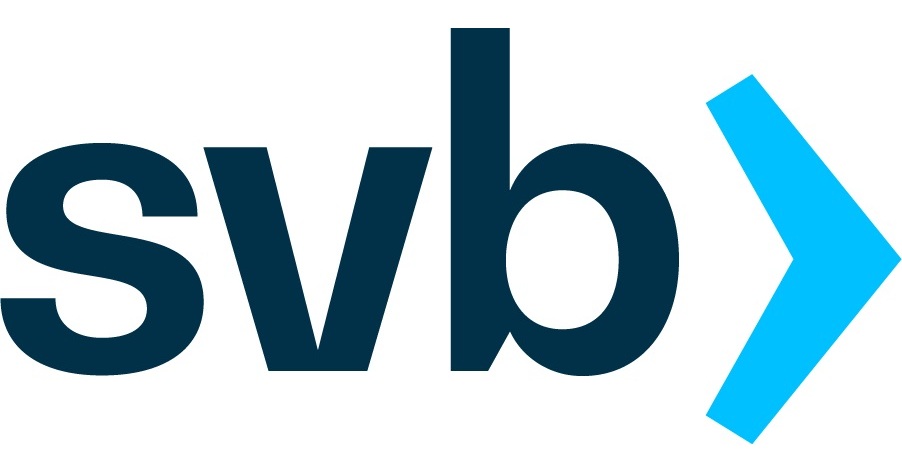
On Friday, regulators closed Silicon Valley Bank, with the FDIC taking over as receiver of its deposits. The 16th-largest bank in the United States, the moves mark the largest bank failure in the United States since 2008, and the second-largest in American history. How will Silicon Valley Bank’s collapse impact athletes?
Current economic forces best explain what led to the historic closure of Silicon Valley Bank, one of the most important banks in the tech industry.
The last eight quarters have seen the Federal Reserve hike interest rates to cool inflation. Earlier this week, Federal Reserve chair, Jerome Powell, signaled that the rate hikes will keep coming.
For the tech and start-up spaces that Silicon Valley Bank engages with, the Fed’s interest rate strategy means accessing cash to build and scale businesses is becoming more expensive and difficult to access. This in turn has led to an unexpected decline in the bank’s deposits.
Higher interest rates also threw a wrench into Silicon Valley Bank’s investment strategy. Banks typically invest a portion of their deposits to grow their assets. One such investment made by Silicon Valley Bank was in U.S. Treasury Bonds. Because of rising interest rates, this bond portfolio was reportedly only yielding a 1.79% return, where the yield on a 10-Year Treasury Bond is presently at 3.9%.
Typically this wouldn’t be an issue, as the bank would hold the bonds to maturity. However, as customers began drawing down their deposits, Silicon Valley Bank sold a $21 billion bond portfolio for a $1.8 billion loss.
Announcing this move in a press release, the market quickly reacted to Silicon Valley Bank’s decision. Before trading was halted, shares of the company’s stock dropped 87%, leading to the erasure of $80 billion in market cap from bank stocks.
In coming weeks, it will be seen how Silicon Valley Bank’s closure impacts the larger American and global banking industries.
The news trails the announcement that Silvergate Bank, a major financial player in the crypto world that once banked FTX and Genesis, was voluntarily closing.
On Friday, the Dow Jones Industrial closed down 300 points, marking the worst week of trading since June.
The question is whether the impacts will flow into the financial industry at-large or remain centered with financial services firms engaging in riskier investments, like tech start-ups and cryptocurrency.
The “cheap” cash party, where risky start-ups could access cash to build their companies at low or 0% interest rates is long over. How those companies navigate a financial reality where access to cash is more expensive may have greater underpinnings on the overall American economy. If banks are forced to sell bonds before maturity to cover customer withdrawals, expect this saga to play out again. For athletes seeking funding for businesses, a return to market fundamentals–and away from risky bets–will likely float best amongst investors in this market.
Now is a good time for athletes and athlete advisors to review where their money is banked. The FDIC insures $250,000 per depositer, per insured bank, per account ownership category. If you hold large amounts of cash, make sure it is deposited in a manner guaranteeing insurance of the investment.
Get the free weekly newsletter so you can win the game.
